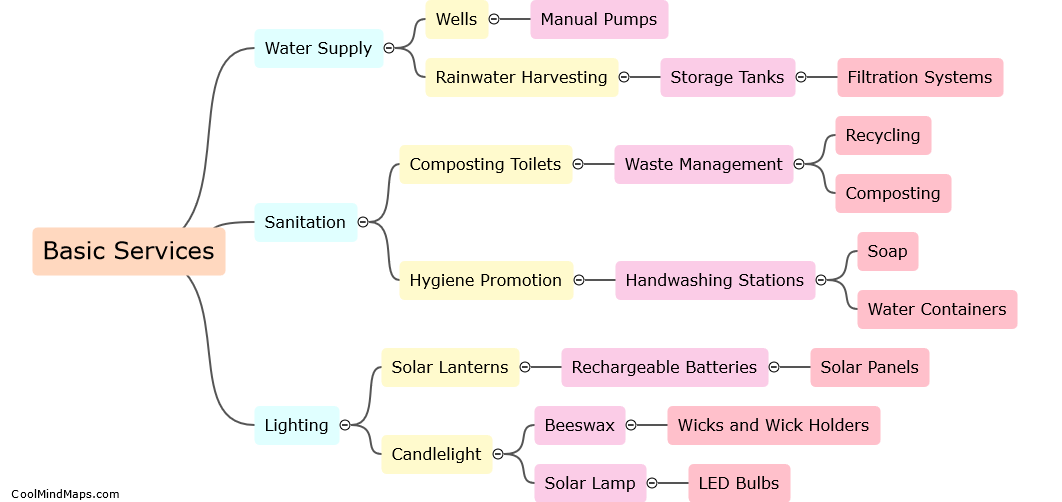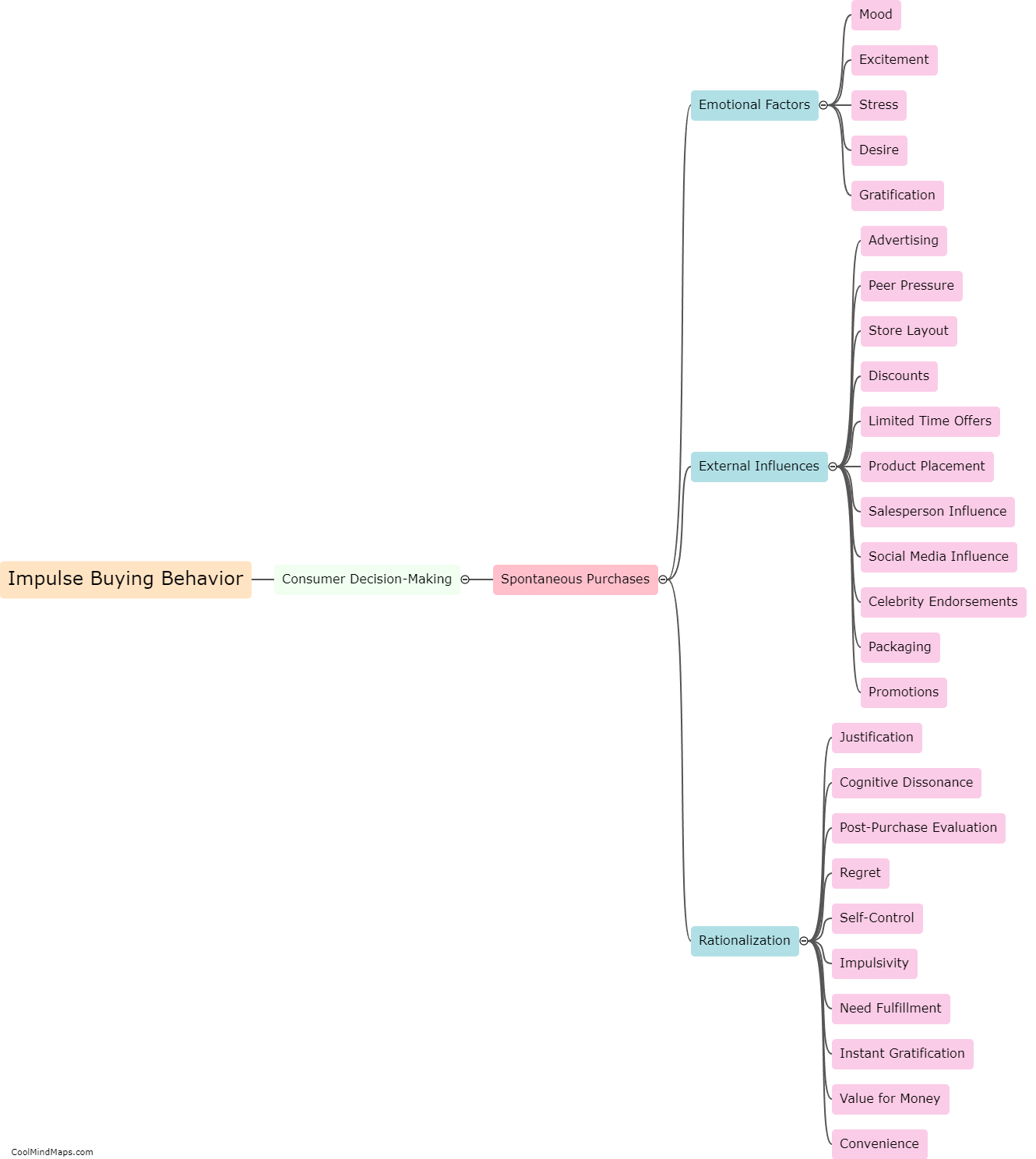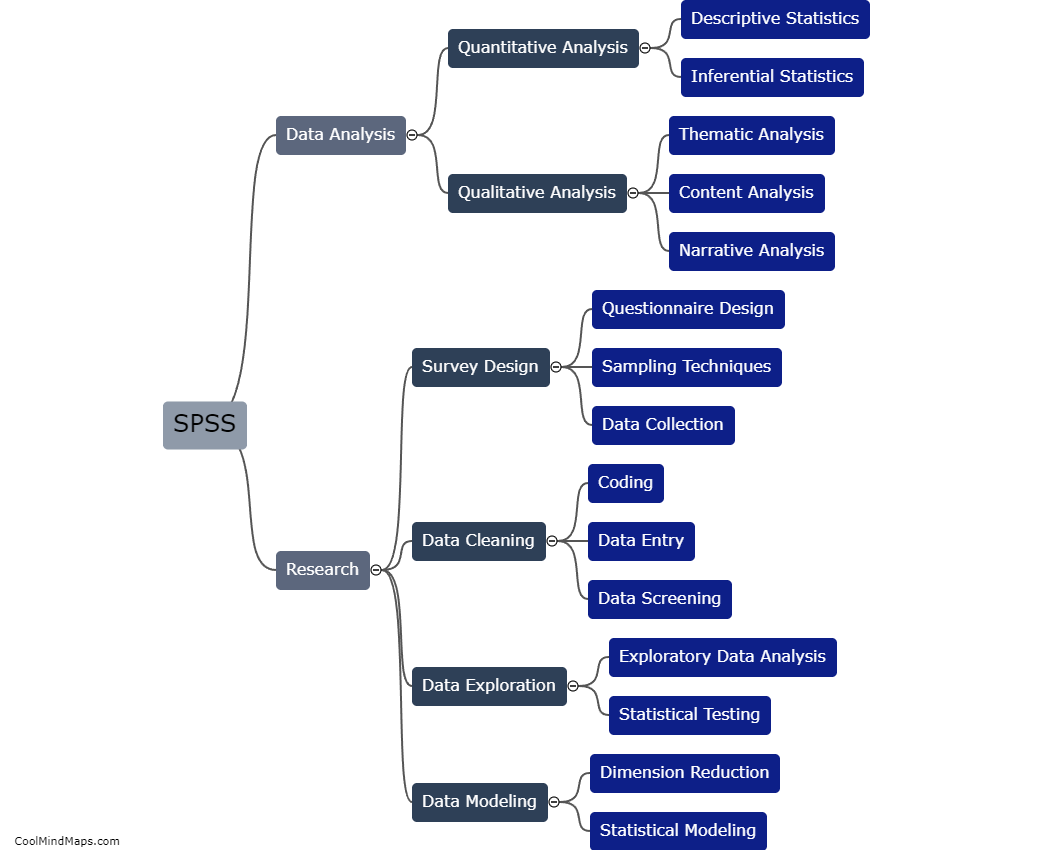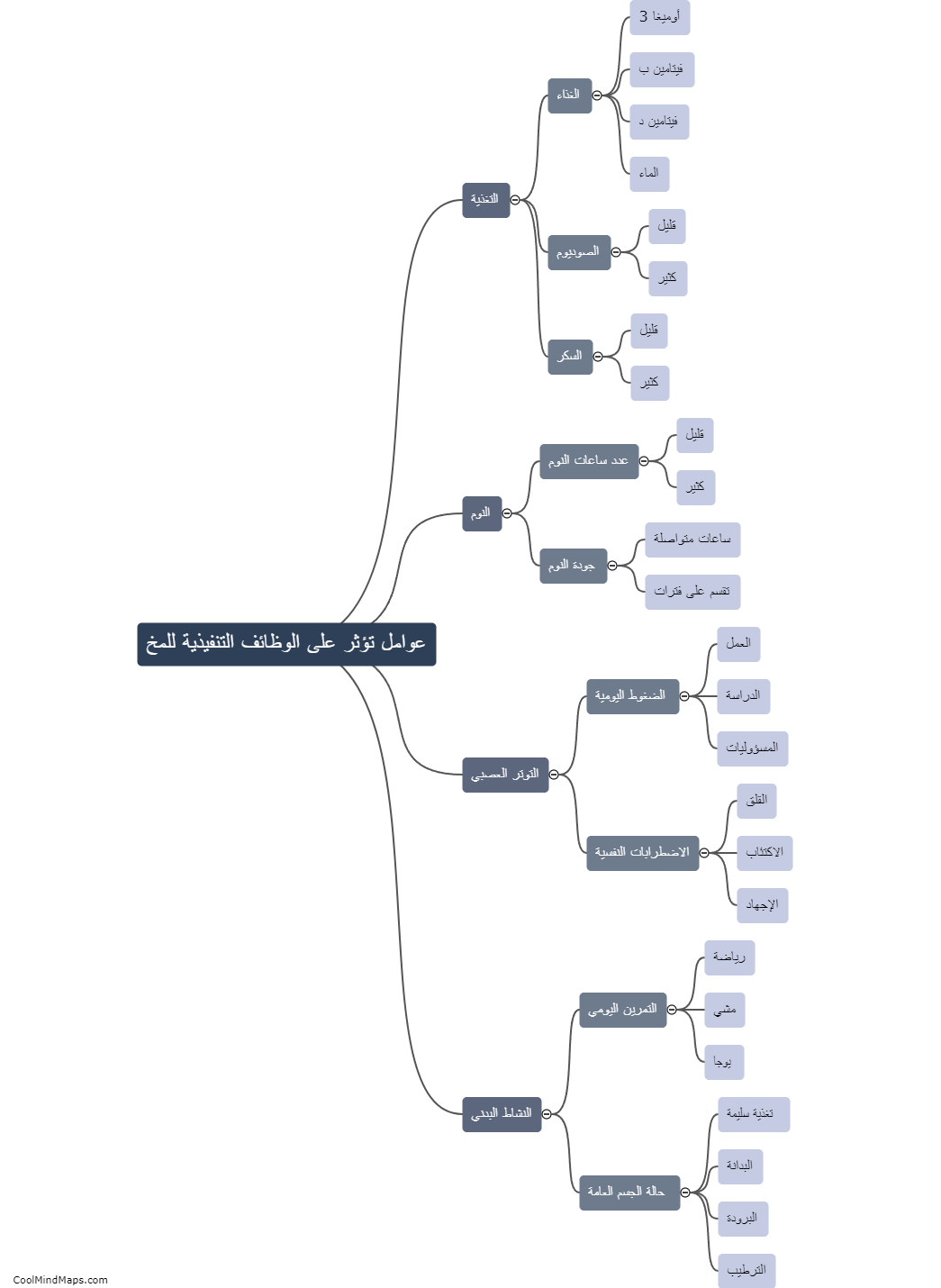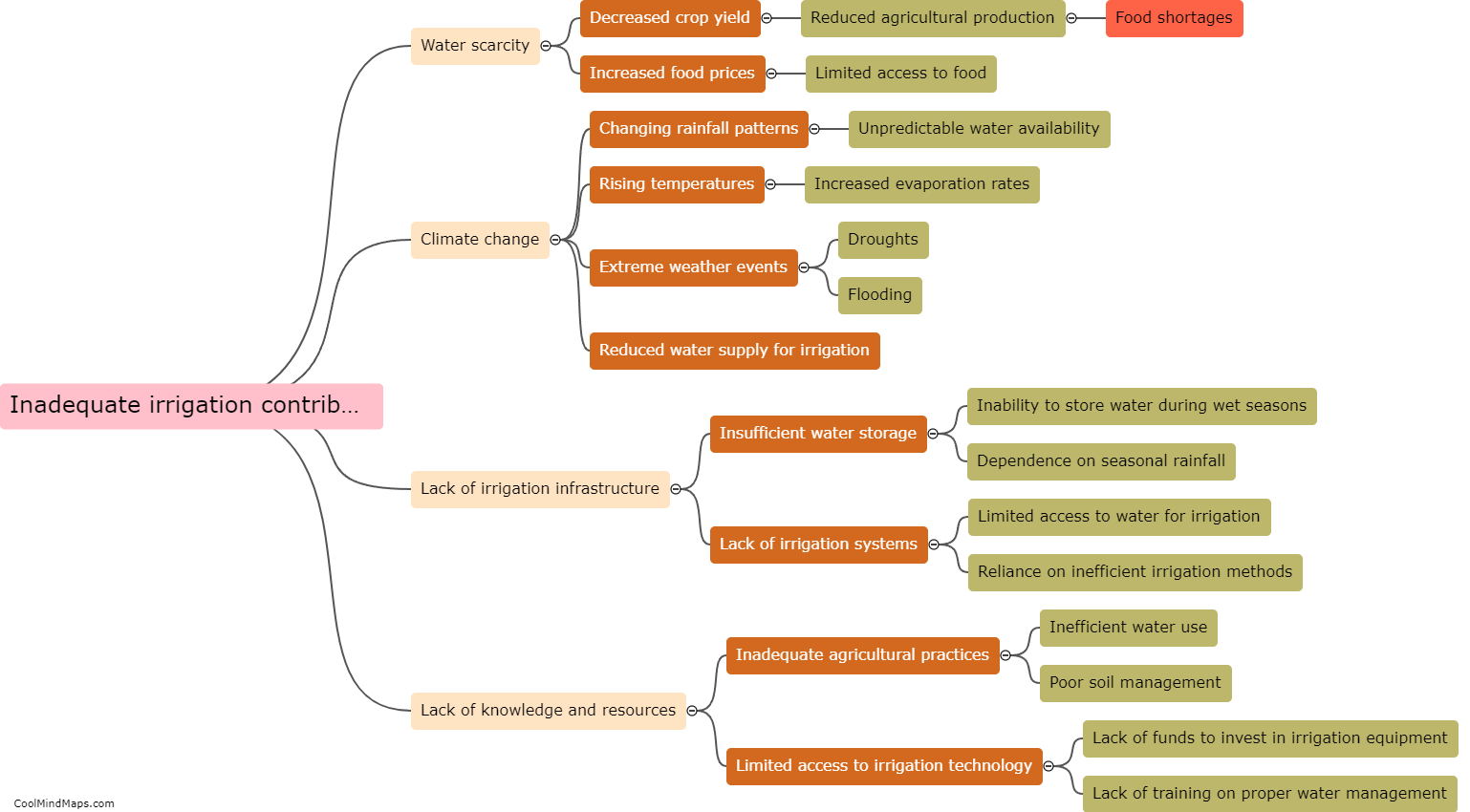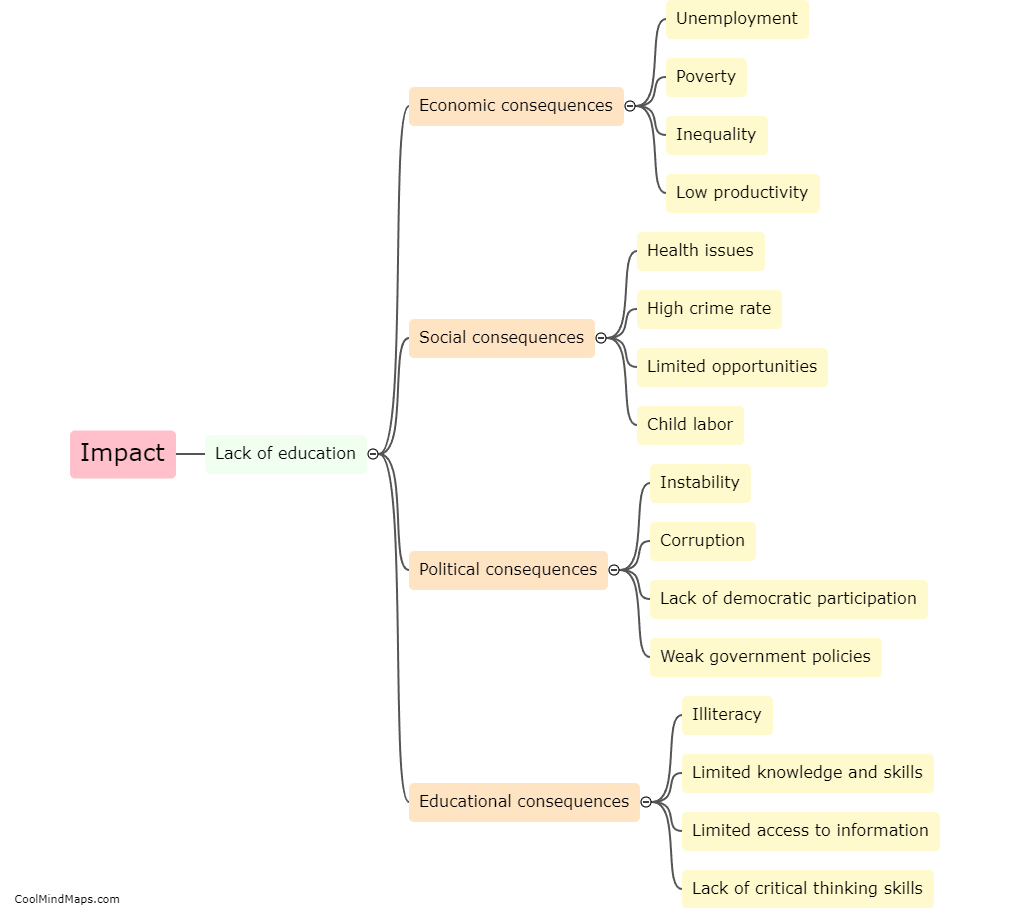What are the consequences of inadequate irrigation systems?
Inadequate irrigation systems can have significant consequences on agricultural productivity and food security. Without proper irrigation, crops may not receive the necessary amount of water, leading to stunted growth, reduced yields, and even crop failure. This can negatively impact farmers' incomes and livelihoods, exacerbating poverty and food insecurity. Additionally, inadequate irrigation can result in soil salinization and nutrient imbalance, as water is not efficiently delivered and drained. These conditions can degrade soil quality and make land less fertile over time. Moreover, inadequate irrigation can also lead to increased water scarcity and competition, as farmers may resort to over-pumping groundwater or diverting water from nearby water bodies, leading to environmental degradation and conflicts. Therefore, ensuring access to effective and sustainable irrigation systems is crucial for maximizing agricultural production, improving food security, and mitigating the risks associated with climate change.

This mind map was published on 1 September 2023 and has been viewed 109 times.

